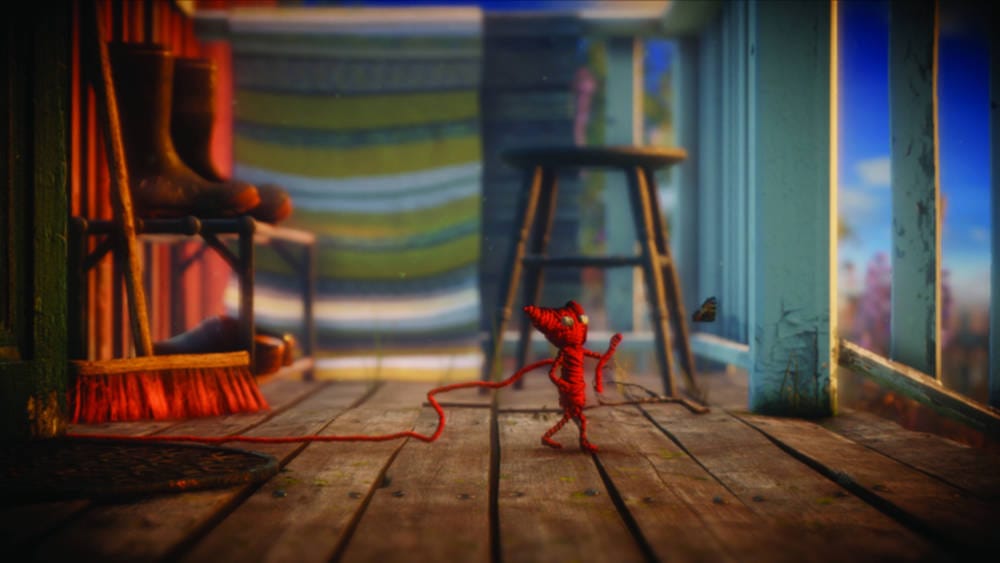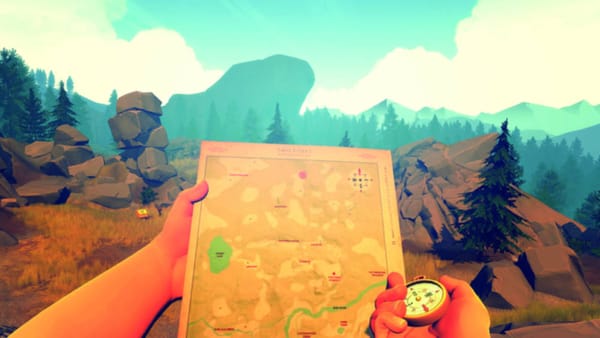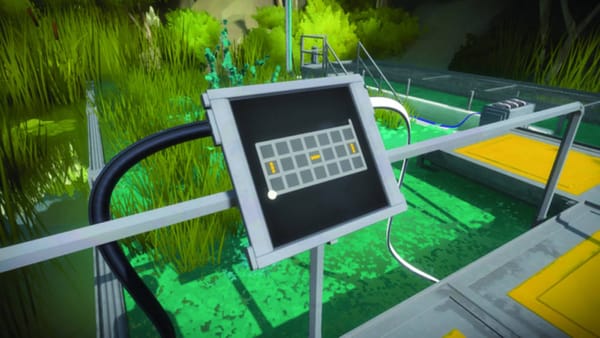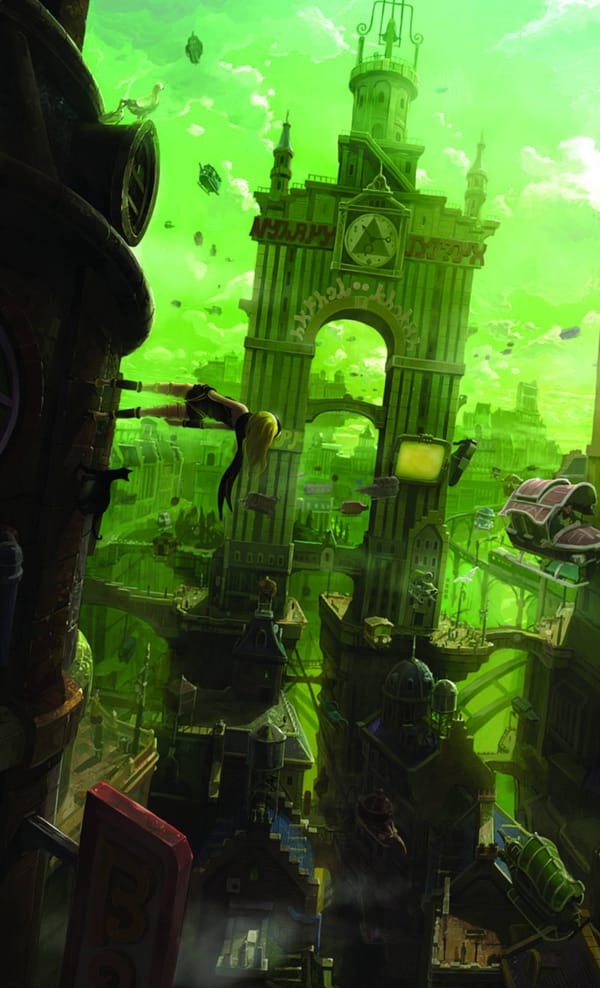Unravelling the past
Coldwood Interactive’s Unravel is smart, but frustrating

Platformers (that aren’t made by Nintendo) have seen a revival in recent years, with a large focus on artstyle and graphical fidelity. Rayman Legends, LittleBigPlanet, Bionic Commando, and Shadow Complex are all notable for their presentation, whether realistic or stylised. Innovating within the platforming genre is hard, so developers often use visuals to distinguish their work.
Unravel is by all accounts beautiful. It focuses on the miniature, with a small protagonist known as Yarny (made entirely from red yarn). Trees, twigs, and rocks become, as a result of Yarny’s size, relatively massive structures within the game world. Small rodents, birds and crabs become large, threatening enemies. This magnified world, with its almost lifelike graphics, evokes a real sense of exploration and awe in the player.
The diverse environments represent more than just places, they hold the memory of an old woman whose house acts as the hub world. Yarny is a physical representation of her love, crafted by hand, with the red yarn that trails behind connecting her memories to help her reminisce. The memories that the player collects as they traverse the world exist only for a brief moment, and even then they are obscured and blurry. The trials and tribulations of the player represent the struggle of someone looking back on their past, hoping to find something to comfort them. There is a sadness and loneliness in Unravel that underpins everything.
What really sets Unravel apart from other platformers, is the literal unravelling of the character you play as. The red yarn becomes a support, a rope swing, a lasso, and a trampoline. It’s length is limited, forcing the player to carefully think about the order of their actions. Unfortunately, many of the environmental puzzles feel like they are impossible to complete the first time you’re faced with them. Constant deaths, which cause you to respawn at a checkpoint, ruin the games otherwise leisurely pace. This is where Coldwood Interactive’s puzzle-platformer ultimately unravels; there is no balance between punishment and reward.
Unravel is a classic case of style over substance. However, its style cannot, and will not, be ignored. There are a few games that look as good, especially from development teams this small. More frequent respawn points and less timing-based puzzles could have made Unravel a truly exceptional game.
Unravel is out now on PS4, Xbox One and PC










